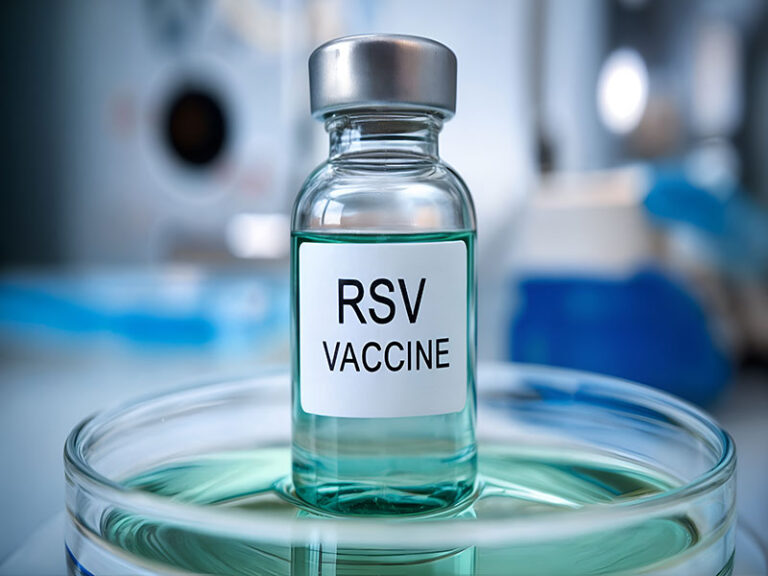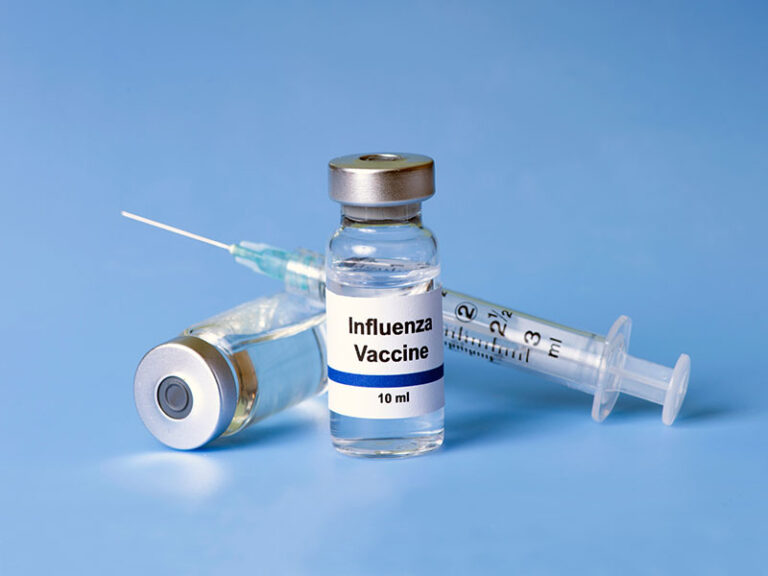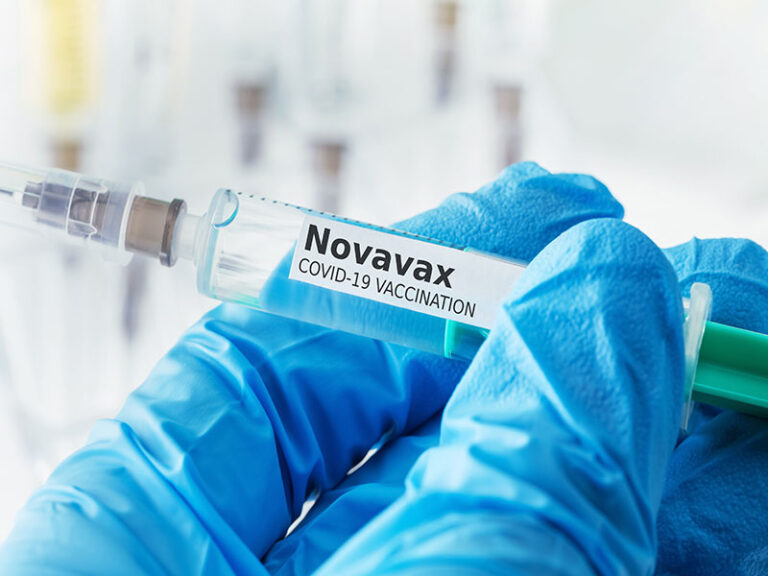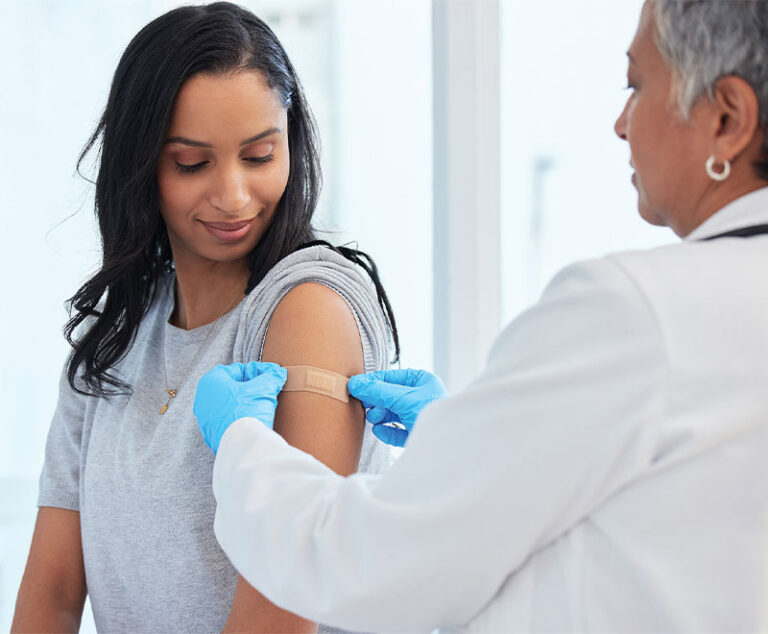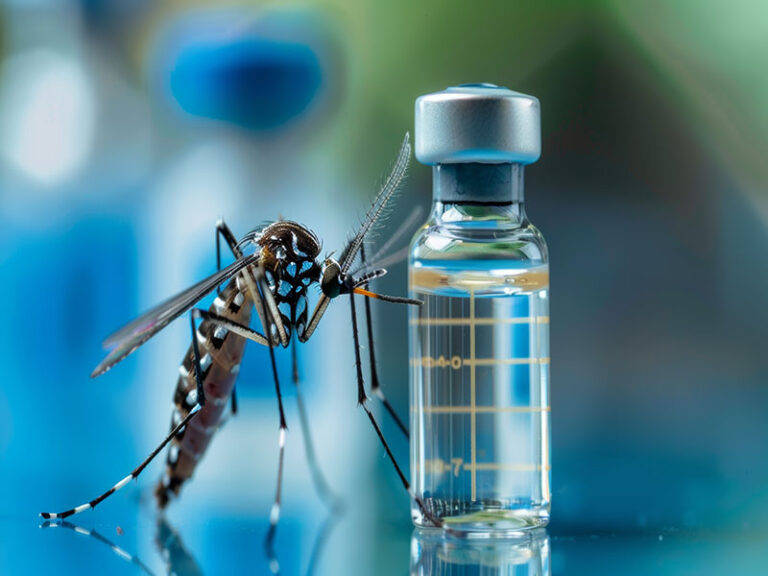Industry News
Research, Science & Manufacturer Updates
Vaccines Articles
The U.S. Department of Health and Human Services (HHS) and the National Institutes of Health (NIH) have announced the development of the next-generation, universal vaccine platform, Generation Gold Standard, using a beta-propiolactone (BPL)-inactivated, whole-virus platform.
Moderna’s experimental mRNA-based influenze (flu) vaccine produced a stronger immune response than a currently available vaccine in a late-stage trial, clearing a path forward for the product and the company’s separate combination flu and COVID vaccine.
Primary care physicians need considerable help winning the vaccine war given the limited amount of time they have to make their case in the exam room, according to the authors of a new study published online April 15 in the American Journal of Preventive Medicine.
A group of outside advisers to the Centers for Disease Control and Prevention (CDC) voted 5-2 to recommend the use of Merck’s new antibody vaccine, Enflonsia (clesrovimab), that can protect babies from respiratory syncytial virus (RSV).
A new clinical trial shows a single shot of a long-lasting influenza (flu) drug may protect people for an entire season, and it might do so more effectively than vaccines.
In a late-stage trial, Novavax's experimental COVID-19-influenza combination (CIC) and standalone trivalent hemagglutinin nanoparticle seasonal influenza (tNIV) vaccines generated a strong immune response in adults aged 65 and older, similar to already approved vaccines against the viruses.
After a six-week delay, the U.S. Food and Drug Administration approved Novavax’s COVID-19 vaccine, but only for people 65 and older and those 12 years and older who have at least one underlying condition, such as asthma, diabetes, lung disease, obesity and pregnancy, that puts them at higher risk of severe illness.
A recent study of Moderna’s combination influenze (flu) and COVID-18 vaccine, mRNA-1083, found that it induced higher immune responses than recommended standard care influenza (standard and high dose) and COVID-19 vaccines against all four influenza strains (among those ages 50 to 64 years), the three clinically relevant influenza strains (among those aged 65 years and older), and SARS-CoV-2 (all ages), with an acceptable tolerability and safety profile.
A study led by researchers at Stanford Medicine has shown that variation in vaccine durability can, in part, be attributed to a type of blood cell called megakaryocytes, typically implicated in blood clotting.
Results from a recent study suggest coupling HA molecules from various flu strains could make flu vaccines more effective.
The U.S. Food and Drug Administration (FDA) has approved VIMKUNYA (chikungunya vaccine, recombinant) for injection, the first virus-like particle (VLP) single-dose chikungunya vaccine in the U.S. for persons 12 years of age and older.



